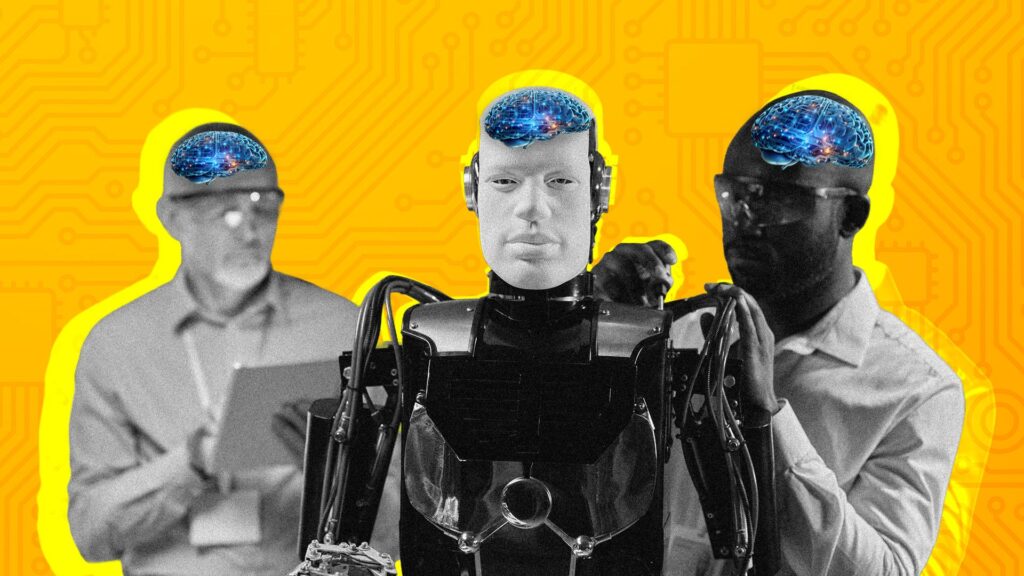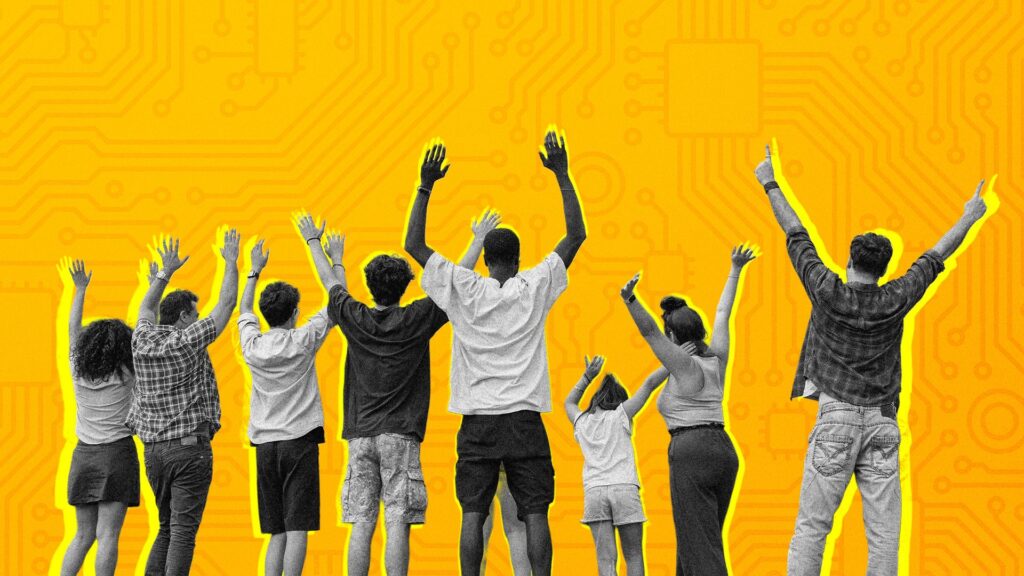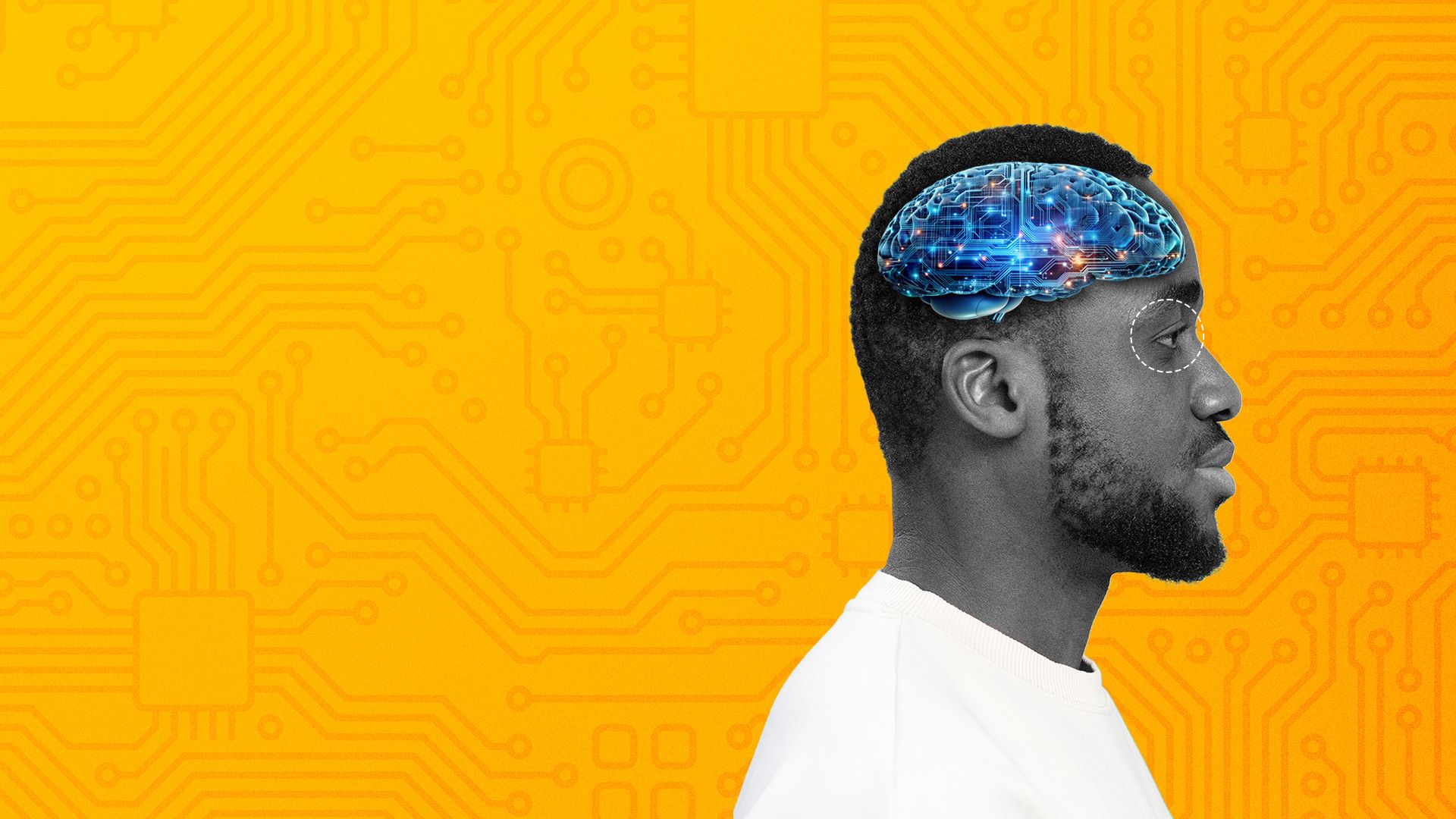Editor's Note
In preparing this article, Willy has used ChatGPT for research and editing. The content is based on presentations given at the Lausanne Public reading of Scripture (May 13, 2025), the Lausanne Fourth Congress (Seoul, September 2024), and an article published in the Eastern Townships Sun (March 2025). This article was first published in Faith Today.
A New Power, a Timeless Caution
In a world increasingly influenced by algorithms, the emergence of artificial intelligence in our daily routines has prompted both admiration and concern. It can now write essays, generate poetry, compose music, analyze large data sets, and even imitate human conversation. But amid this rise in technological ability, a more urgent question emerges—not what AI can do, but what it should and shouldn’t do.
The risk isn’t in the technology itself—it’s in our posture toward it.
AI should be a servant. It should assist with the mechanics of communication, enhance creativity, streamline analysis, and accelerate productivity. Like a trusted sous-chef, it can prep the ingredients, organize the pantry of knowledge, and sharpen the tools. But it should not choose the recipe, let alone try to replace the chef. It must never be allowed to substitute for human discernment, relational intelligence, or spiritual authority. It lacks what Scripture calls understanding of the heart (Prov 2:2). Without that, AI can only ever mimic truth—it cannot embody it.
“. . . this dependence[on AI] may erode something essential: the muscles of discernment, the disciplines of reflection, and the humility required to hear God’s whisper.”
The risk isn’t in the technology itself—it’s in our posture toward it. There is a growing temptation to let AI stand in for the inner work that creativity, leadership, and faithfulness demand. Why wrestle with a hard paragraph when ChatGPT can generate five options in five seconds? Why seek spiritual insight when AI can summarize the book of Daniel in bullet points? Convenience has its place. But over time, this dependence may erode something essential: the muscles of discernment, the disciplines of reflection, and the humility required to hear God’s whisper.

The Limits of Machine Wisdom
In Daniel 2, King Nebuchadnezzar’s request wasn’t just for a dream interpretation—it was for revelation. He wanted truth without prompt, wisdom without manipulation. Imagine AI being tasked with his demand. It would have analyzed dream archetypes, cross-referenced Babylonian myths, and predicted outcomes based on symbolic frequency. And it would have failed. Because the solution didn’t require data—it required divine insight. Only Daniel, guided by prayer and humility, could receive that. The result wasn’t just accuracy; it was transformation. Lives were saved. God was glorified.
This story offers a vital framework for understanding AI’s place in the life of faith. It must be guided—not by ego or efficiency, but by Spirit-led wisdom. In a biblical sense, this is not Artificial Intelligence (AI) in isolation, but Augmented Artificial Intelligence (AAI)—intelligence that is supported, shaped, and subordinated to divine wisdom. AI is a tool that enhances, but it is believers who guide.
In this light, we must affirm what AI can do.
- It can help clarify arguments. It can summarize complexity.
- It can offer useful language when we’re stuck.
- It can provide a starting point for reflection.
But we must also clearly name what AI cannot do.
- It cannot pray through a problem.
- It cannot test the spirit of an idea.
- It cannot navigate the ethical minefields of workplace decision-making with courage and compassion.
- And it cannot write words that are steeped in the slow marination of prayer, humility, and costly experience.

Faithfulness Cannot Be Outsourced
This is especially important in spaces where faith and work intersect. When we craft a message for our team, draft a letter of encouragement, or design a discipleship resource, the goal is not just clarity or cleverness. The goal is faithfulness. And faithfulness cannot be outsourced. We might use AI to structure our notes—but our spirit must write the closing line. We might use AI to generate ideas—but prayer must guide which one we follow. We might use AI to analyze outcomes—but only human eyes can see the person behind the numbers.
In this way, AI should never shape us. It should only serve us. Left unchecked, it risks turning us into spectators of our own calling—people who let the tools do the thinking, while our inner world atrophies. Left unchecked, AI will create content without conviction, theology without testimony, communication without communion.
Left unchecked, AI will create content without conviction, theology without testimony, communication without communion.
The danger is not hypothetical. It’s already here. In churches, ChatGPT writes bulletins. In nonprofits, AI drafts donor letters. In businesses, it generates entire reports. These are not inherently wrong. But when we stop asking why something matters—when we stop discerning what should be said—we move from augmentation to automation. And automation, however efficient, is spiritually empty.
The world does not need more content. It needs more witness. And witness requires presence—presence of mind, of spirit, of integrity. AI cannot stand in the breakroom and notice a colleague’s silent despair. It cannot slow down a meeting to listen beneath the words. It cannot carry wisdom forged through failure. These are uniquely human acts, and in many ways, uniquely Christian.
Redeeming the Tools of Our Age
As people of faith, we are not called to reject AI but to redeem it. We are not Luddites. We are stewards. Our call is not to fear the tools of our age, but to wield them with reverence, responsibility, and imagination. We lead from identity, not insecurity. We guide technology with ethics, not ego. We cultivate spaces where real questions can breathe—and in those spaces, AI has a role, but never the final word.
So let AI help draft the document—but let your soul decide what stays. Let AI streamline the plan—but let the Spirit stir the purpose. Let AI assist—but never replace—the sacred work of loving, leading, creating, and calling others to hope.
There are no straight lines in the life of faith. Tools may smooth the path, but they cannot determine the destination. Only those led by the Spirit can do that.
Let us use AI with skill—but never forget: it is the light of Christ, not the power of code, that transforms the world.

